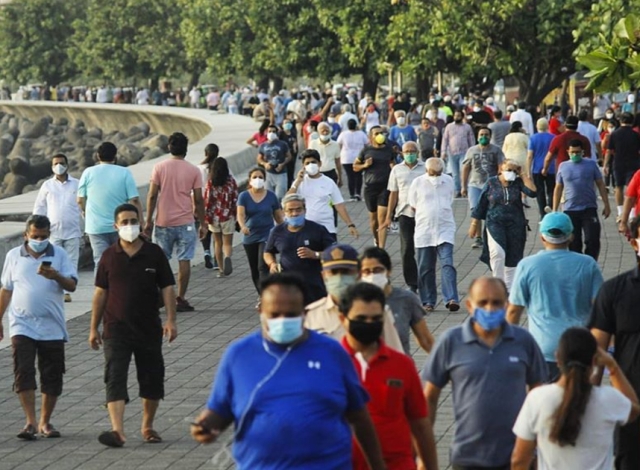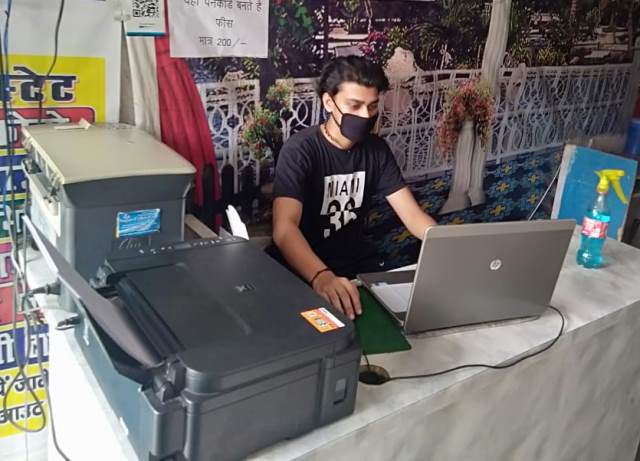Meera Singh, 36, who worked as a cashier at an upscale shopping mall in Gurgaon, explains why she quit her job in Delhi-NCR and went to her native place in Deoghar
I moved to Delhi-NCR in 2007, and in 2015 I joined Sapphire Mall, Gurugram as a cashier for a boutique with international clientele. Besides managing the clients, I handled their GST and other finance-related bills for the boutique. It was a comfortable job till the pandemic struck in March 2020. In June the same year, I decided to quit, and return to my native place in Deoghar (Jharkhand). In spite of several calls to rejoin work, I have no plans to return to Delhi. Let me explain why.
When the pandemic struck, no one had any idea what was going on or what was the way forward. We wondered what the future held finance-wise or when the lockdown would get over. From March 23 (when the lockdown was announced) until June we were on tenterhooks.
Even when the Unlock began, and I rejoined work, it was stressful. In every shopper who came in I saw a potential virus carrier. And since I was the one at the forefront handling cash (cash would be transferred from one hand to another) I felt I was under a lot of risk. Our international clientele base (mainly NRIs) also left me worried, because it were people who travelled from the West to India were considered the biggest risks.

Even though we followed all Covid protocols to the tee, like regular sanitisation, wearing masks, maintaining social distancing, the virus was making its way into people’s lungs and lives. The media reports of crowded hospitals and overflowing crematoriums made it worse. With the constant pressure of staying safe in a public place, the stress soon began to tell.
Finally when talks of a pay-cut began doing the rounds, my husband and I decided it was not worth the risk. The pandemic had taught us about the fragility of life; I didn’t want to be away from my children, who were with their grandparents, or my ageing parents and in-laws anymore.
ALSO READ: ‘Life Is Tough For Migrant Workers’
First my husband, an engineer, left for our hometown and I followed shortly after on June 21. It required some effort to manage a seat on the flight from Delhi to Patna. A fortnight was spent in quarantine and then I started thinking about the future. With my expertise in handling retail business at a big mall in a big city, I decided to start my own retail business.
In September 2020, I opened up a small unit that sell cosmetics, and other knick-knacks. I feel I am more in control here because unlike in Gurugram, people who come to my shop are part of a tight-knit community and listen to us more readily when we suggest they follow Covid measures. Plus, you feel secure that your family is right there and you don’t need to travel (which is a huge fight in itself in these times) anywhere. And most importantly, I get to be with my children every day. There’s no wealth in the world bigger than the health and happiness of your kids and other family members.
As Told To Yog Maya Singh


